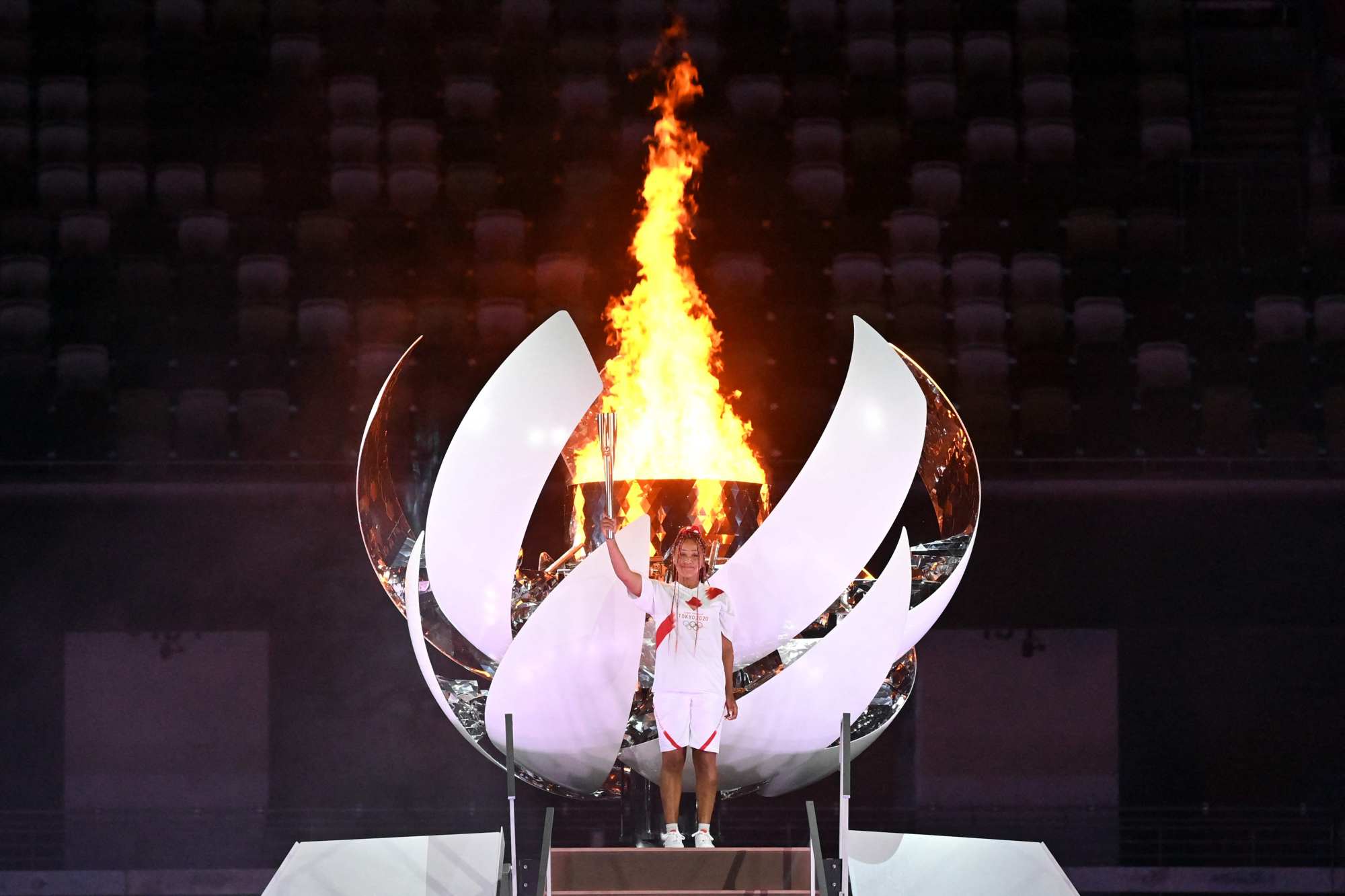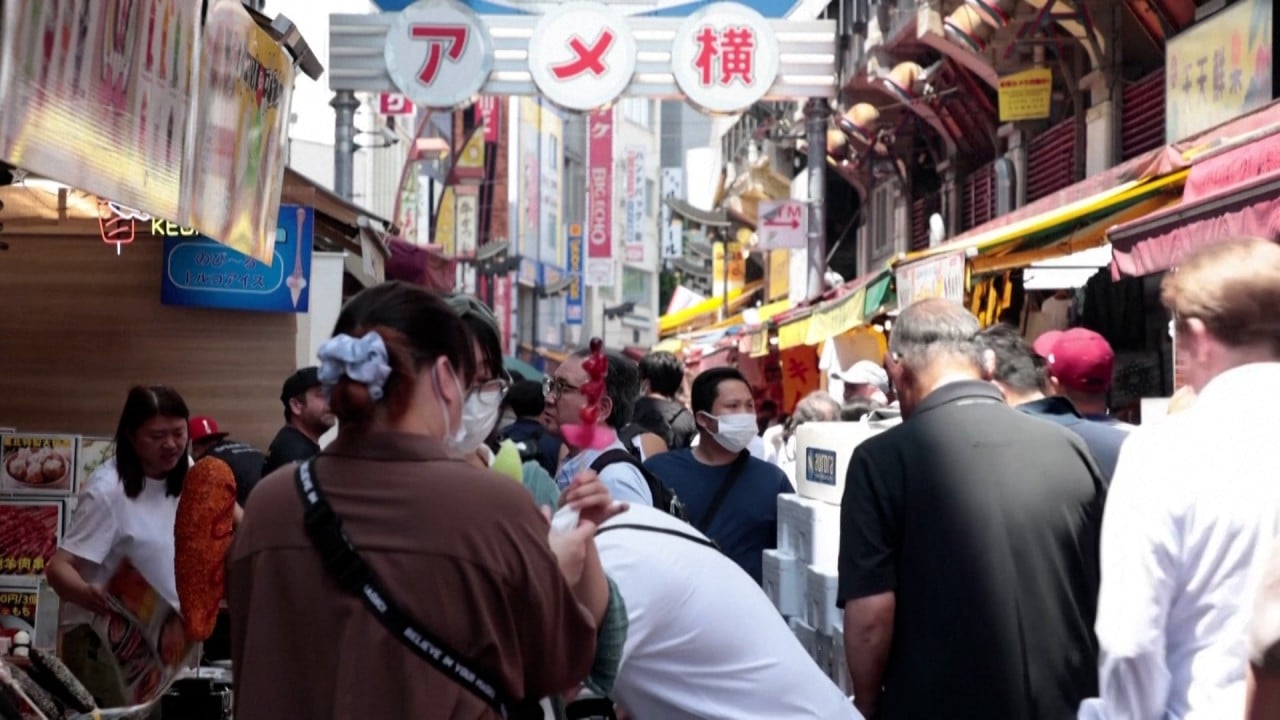Japan’s Sapporo set to scrap bid to host Winter Olympics over cost, scandal concerns: ‘enough is enough’
[ad_1]
The final nail in the campaign’s coffin came in late November, when the International Olympic Committee confirmed the French Alps as the preferred host for the 2030 Games, and Salt Lake City in Utah for 2034. The IOC also indicated that Switzerland was very much the front runner for the 2038 event, with Milan-Cortina preparing to host the next Games in 2026.
Plans to host the sporting showcase have divided Sapporo since they were first proposed in 2014, but opposition increased as problems surrounding the Tokyo Games worsened.

“I’m disappointed,” said Yoko Tsukamoto, an academic who lives in Sapporo and who has advised the mayor on medical issues.
“A lot of effort has gone into this campaign, and I am just one of the many people who feel it would be of great benefit to the city and the people here. But I think all the problems we saw in Tokyo and now again at the Osaka Expo just worried too many people,” she told This Week in Asia.
“I do winter sports, but in recent years, I have seen far fewer people – and especially young people – out on the slopes in Hokkaido,” she said. “I believe the Games would have put the spotlight on Sapporo, brought in business and encouraged more people to try winter sports. That has to be good from a financial standpoint for the city, as well as for public health.”
Many local taxpayers were shocked by the expense of the Tokyo Games, which cost 1.64 trillion yen (US$11.57 billion), well above the initial projection of 734 billion yen. Nearly 60 per cent of the total bill is now being paid off by Tokyo residents, and the people of Sapporo did not want to be saddled with a similar bill, Tsukamoto said.
The Osaka Expo is similarly costing more than anticipated and, once again, local residents are likely to have to cover at least some of the shortfall.
For Kishida, new scandal over Tokyo Olympics comes when ‘he can ill afford it’
For Kishida, new scandal over Tokyo Olympics comes when ‘he can ill afford it’
The Tokyo Olympics were also sullied by a number of financial scandals, with court cases still ongoing. Senior members of the organising committee have been accused of rigging bids for contracts associated with the games and accepting kickbacks in return for lucrative deals.
In the most recent court hearing in Tokyo on Monday, Yasuo Mori, who served as an executive overseeing the operations of the Games, received a two-year prison term, and was suspended for four years, for systematically rigging bids worth an estimated 43.7 billion yen.
“When I talk to people in Sapporo about the Games, virtually all of them say the same thing,” Tsukamoto said. “They worry about how much it will cost them personally through higher taxes and they fear it would be difficult to avoid more scandals.
“What happened in Tokyo absolutely destroyed our bid,” she added.
Others, however, are breathing a sigh of relief that the city is pulling out of the race.
“Enough is enough,” said Makoto Watanabe, a professor of communications at Hokkaido Bunkyo University in neighbouring Eniwa. “Everyone knows about the problems in Tokyo, and I do not want the same thing to be repeated here.”
Watanabe admits that he is not a sports fan but says he sees no upside to a costly, disruptive event being forced upon local people. Even more so, he said, at a time when many people are struggling to make ends meet due to rising prices.
“For most people, the biggest worry is the cost, of course, which will mean debts that the city’s residents will be paying off for many years,” he said. “It’s just not worth it.”
[ad_2]
Source link


